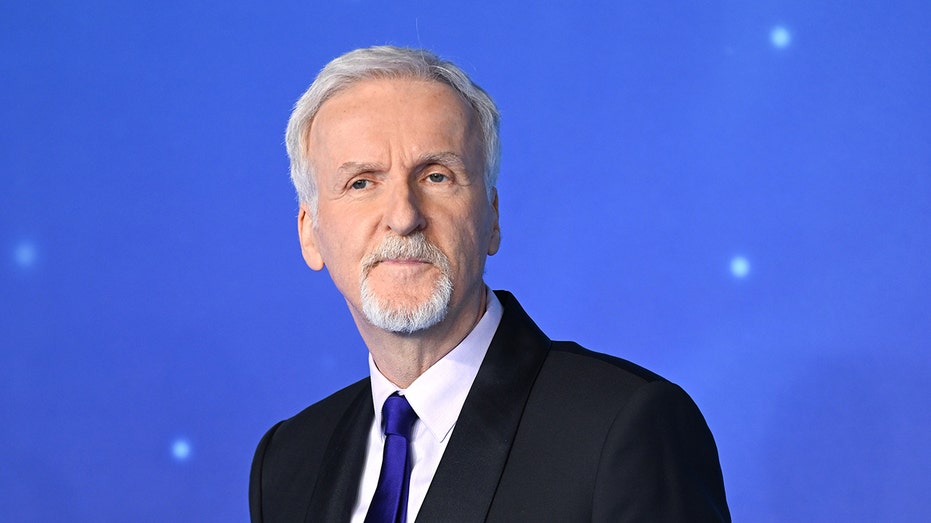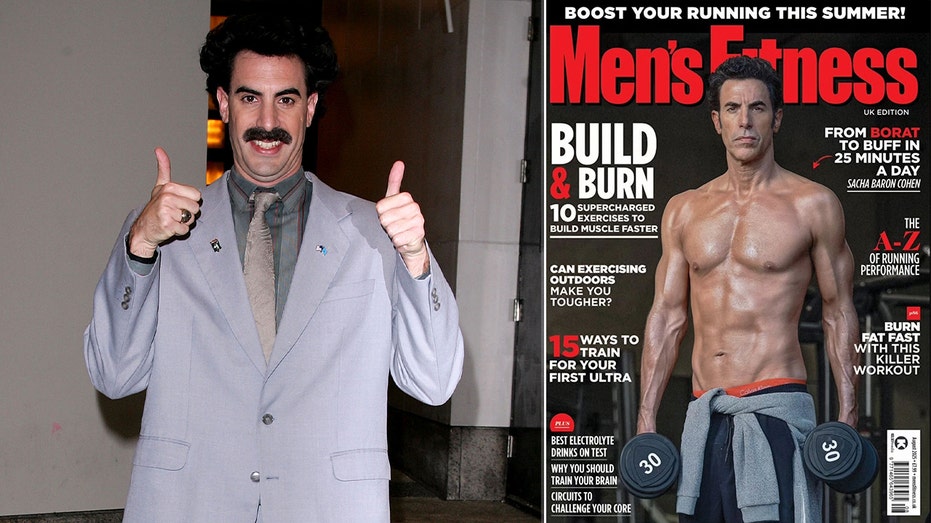James Cameron Does a 180 on AI: Hollywood, You’re Thinking About This All Wrong

Sarah Johnson
April 18, 2025
Brief
James Cameron discusses AI's role in Hollywood, advocating for its use in streamlining visual effects, supporting creativity, and focusing on product quality over copyright disputes.
James Cameron, the director who warned us about sentient killer robots back in the ‘80s, is now urging Hollywood to look at artificial intelligence from a different angle—one that’s a lot less doomsday and a lot more practical.
On a recent episode of the "Boz to the Future" podcast, Cameron explained why he joined the board of Stability AI last year. His goal? "To understand the space, to understand what’s on the minds of the developers," and to see how AI could streamline the visual effects (VFX) process in filmmaking. In his words, "If we want to keep making big, effects-heavy blockbusters like ‘Dune’ or my films, we have to figure out how to cut the cost in half." He made it clear, though, that it’s not about firing half the VFX artists: it’s about doubling their speed and freeing them up for more creative work.
And for those worried about Hollywood being targeted by AI companies like OpenAI, Cameron was pretty blunt: "We’re a little wart on their butt." Movies, he says, are just a tiny use case for AI right now—AI developers have much bigger fish to fry. But for film people, AI could take on the tedious jobs, like rotoscoping (drawing over footage frame by frame), and let humans focus on the fun stuff.
It’s a major pivot from Cameron’s earlier warnings. In 2023, he was sounding the alarm about AI weaponization, saying, "I warned you guys in 1984, and you didn’t listen," referencing the whole Skynet apocalypse he made famous in "The Terminator." But he’s no longer worried about AI replacing writers or directors—he doesn’t believe a "disembodied mind" can move audiences the way a human can. Instead, he thinks the entertainment industry’s obsession with who owns the training data for AI is missing the point.
"A lot of the hesitation in Hollywood is about copyright and source material, but I think people are looking at it all wrong," Cameron said. He compared the way our brains learn to the way AI models work: "You’re creating a model as you go through life. My output should be judged on whether it’s too close or plagiaristic, not what I’ve seen or learned." He’s all for legal guardrails, but thinks the focus should be on the final product, not the input.
On the topic of AI mimicking his own style, Cameron admits it makes him a bit queasy to see prompts like "in the style of James Cameron," but at the same time, he recognizes it’s "kind of cool." The real issue, he says, comes when someone tries to profit off AI-generated work that rips off established creators or brands. Drawing the line between fan art and piracy, he says, is crucial: fan art should be celebrated, but making money off someone else’s intellectual property—well, that’s where the lawyers come in.
With studios like Lionsgate already partnering with AI companies to create custom models for their catalogs, the line between technology and creativity in Hollywood is only getting blurrier. But for Cameron, the future isn’t about AI taking over—it’s about working smarter, not harder. Maybe the real twist is that the guy who invented Skynet now wants to give AI a desk job in the VFX department.
Topics
Editor's Comments
I can’t help but laugh at the irony here: James Cameron, the man who made us all terrified of AI-run futures, now wants to put AI to work on the most boring parts of movie-making. If only Skynet had found a passion for rotoscoping instead of world domination, we’d all be chilling with friendly robots by now.
Like this article? Share it with your friends!
If you find this article interesting, feel free to share it with your friends!
Thank you for your support! Sharing is the greatest encouragement for us.



